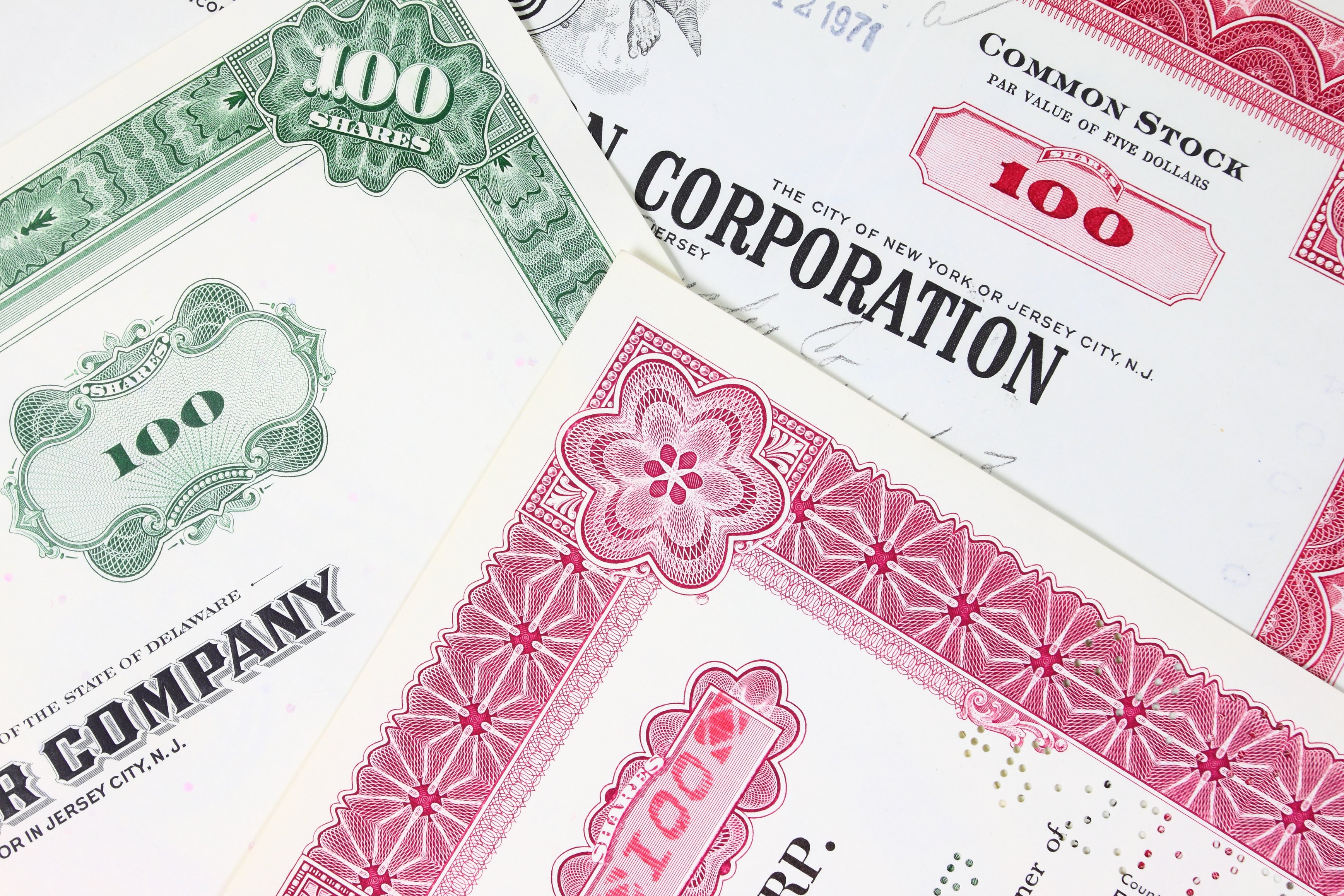What happened to pharmaceutical companies being safe havens?
|
Company |
Share price change on Sept. 15, 2008 |
|---|---|
|
Merck (NYSE:MRK) |
(3.3%) |
|
Eli Lilly (NYSE:LLY) |
(1.2%) |
|
GlaxoSmithKline (NYSE:GSK) |
(0.9%) |
|
Pfizer (NYSE:PFE) |
(3.1%) |
|
Schering-Plough (NYSE:SGP) |
(3.5%) |
Source: Yahoo! Finance.
Then again, with the Dow down 4.4% and the S&P 500 down 4.7% during Monday's madness, that sea of red doesn't look so bad. Still, you have to wonder, what do drugs have in common with banks and insurers?
Not a whole heck of a lot
In the short term, selling begets selling. Investors panic. Mutual fund managers sell stock to raise cash as people pull out of the market. There are fewer buyers than sellers. You know, the usual reasons that stock prices fall.
In the long term, people still have to take their medicine. Health care, like food, is something that just isn't very discretionary. And that bodes well for drugmakers. Really.
One thing in common
Banks and pharmaceutical companies do have one thing in common: They both make investments. Sure, that's not a pharma's main job, but a lot of drug companies are sitting on boatloads of cash they need to fund their pipelines. Just like banks can't afford to lose their capital, neither can drugmakers.
Some companies, such as Bristol-Myers Squibb (NYSE:BMY), have gotten caught up in the auction-rate securities mess and have had to take charges against income. While it may take a while for these investments to unwind, the good news is that I think drugmakers have learned their lesson: Just as investors should keep their emergency fund in a safe place, drugmakers need to forgo that little extra interest income and keep their money safe, too. More recently, on conference calls, quite a few company officials are pointing out that they didn't own any auction-rate securities, so drugmakers are clearly getting the point.
Little guy in trouble?
While big pharma should make it through an extended bear market without too much of a headache, its little brothers could be in for a rude awakening.
It's a sad fact of the drug development business that almost all start-ups have to do successive rounds of financing before they're able to bring a drug to market. In an ideal world, it's usually not a major problem for shareholders -- the financing is usually dilutive, but, because the pipeline has improved, investors have a smaller percentage of a much larger pie, leading to more pie per investor.
However, if the credit markets dry up, would drug developers like Exelixis (NASDAQ:EXEL) have a hard time arranging financing to get them through phase 3 development and launch their products?
Maybe or maybe not. What appears more likely is that we'll see investors becoming more adverse to risk -- putting downward pressure on the stock prices of many drug developers. The value of their pipelines won't have changed -- they'll be just as likely to get snatched up by pharmaceutical companies -- but they'll probably become much cheaper for small investors like you and me.
Whoops! Have to pause to wipe the drool from my chin just thinking about that.
Where to go from here
It's hard to predict which will be the winning companies or industries during a recession. There are a lot of factors having nothing to do with the economy affecting a company's performance. But even though pharmaceutical companies have experienced their fair share of disappointments this year, it seems to me that most of the risk is already built into their stock prices.
That bodes well for the industry as we continue through these uncertain times. It also makes it likely that, as in the past, pharmaceutical companies will likely beat the market average. At the very least, the big companies' dividends will likely be there to cushion the blow.








